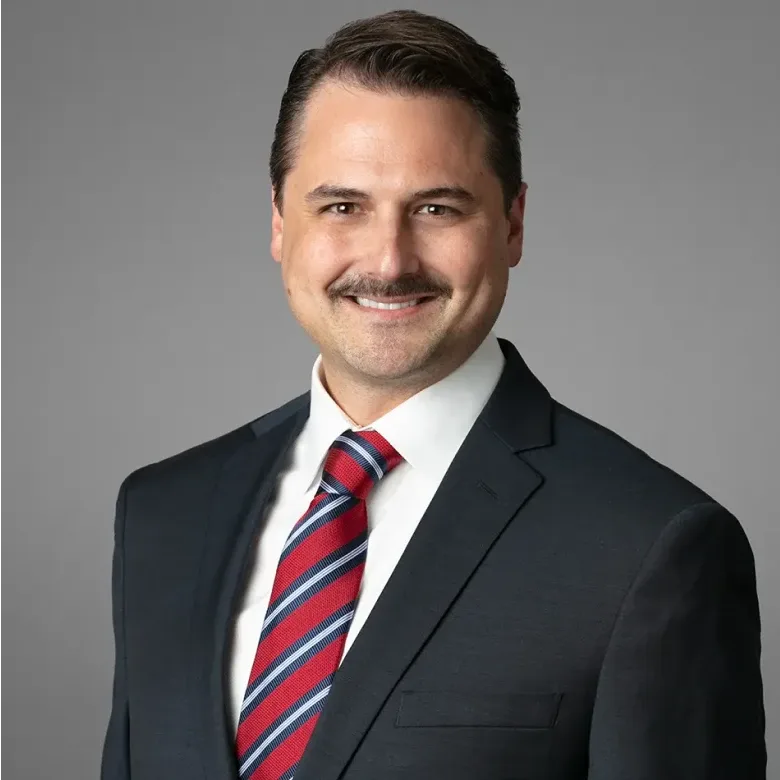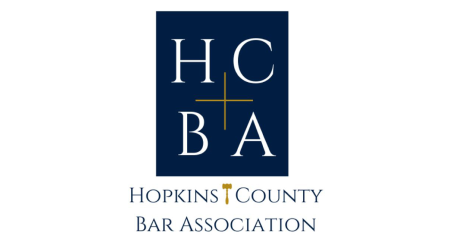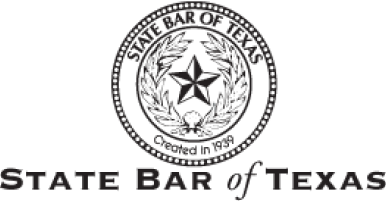
Matthew A. Bourque
Managing Attorney – Dallas & Houston
Credentials
Boston University School of Law
Juris Doctor
The George Washington University
BA, Political Science, magna cum laude
Board Member, Probate Section, Collin County Bar Association
Member, Society of Trust & Estate Practitioners
Member, Dallas Bar Association
Member, Dallas Estate Planning Council
Member, Collin County Bar Association
Member, ProVisors
State Bar of Texas
U.S. District Court for the Northern District of Texas
- Helped clients whose stepmother procured an invalid will from their dementia-stricken father, prevailing at trial and securing findings of bad faith, which prevented stepmother from recovering her attorney’s fees from the estate.
- Obtained emergency guardianship order for client whose rogue brother planned to kidnap their mentally incapacitated father and move him to an unsafe environment.
- Removed executor who stole several hundred thousand dollars in estate funds, preserving the remainder of the estate for national charity organization clients.
- Secured injunctive relief requiring the return of $2,000,000 in unlawfully distributed estate funds held by the business partner of client’s deceased mother.
- Defended elderly client against guardianship proceedings masterminded by her greedy son-in-law who attempted to take control of her multi-million-dollar estate. Proved that son-in-law acted in bad faith and forced him to pay fees and costs.
- Protected client’s six-figure inheritance from her beloved grandmother by defending grandmother’s will against client’s spiteful aunts and uncles.
- Defended trustee against false accusations of mismanagement and theft initiated by her son’s ex-wife; secured settlement that fully exonerated client.
- Secured highly favorable settlement over the estate of client’s sister after sister’s new neighbor, a non-English speaker and supposed “best friend” produced a suspicious handwritten will written in broken English.
- Obtained summary judgment proving common law marriage when client’s common-law husband died in a trucking accident, which allowed client to pursue wrongful death claims worth millions.
- Williams v. Tanner, No. 05-23-00080-CV, pending.
- Golfis v. Houillion, No. 05-15-00036-CV, 2016 WL 6236842 (Tex. App.—Dallas Oct. 25, 2016, no pet).
- Transitional Entity, LP v. Elder Care, LP, No. 05-14-01615-CV, 2016 WL 3197160 (Tex. App.—Dallas May 27, 2016, no pet.).
- Sherrill v. Williams, No. 05-14-00847-CV, 2015 WL 1910015 (Tex. App.—Dallas Apr. 28, 2015, pet. denied).
- Golfis v. Houillion, No. 05-13-01330-CV, 2014 WL 4090141 (Tex. App.—Dallas Aug. 19, 2014, no pet.).
Latest Articles from Matthew
What Is Estate Property?
When someone passes away, all of the real estate and personal property that they currently own individually becomes “estate property.” This means that, until the
Who Gets the Life Insurance Proceeds?
Executive summary Glossary Decedent – An individual who has died, leaving behind estate assets, like a life insurance policy, to be distributed to beneficiaries, according to
How Do I Get My Siblings Out of Our Deceased Parents’ House?
If your adult siblings refuse to leave your deceased parents’ house, there are legal actions you can take. The appropriate course of action for your
What Is a Muniment of Title in Texas?
In general, a “muniment of title” refers to deeds and other written documents that prove title to property, such as wills and court judgments. Texas
What Happens If You Pay Someone Else’s Property Taxes In Texas?
In Texas, you cannot assume ownership of someone else’s property by simply paying the balance of unpaid property taxes. However, you can purchase real estate,
Speaking Engagements

WealthWise Webinar
Financial Capacity Concerns
2024 | Presenter

TX CPA Summit
Responsibilities of Fiduciaries in Administering Trusts and Estates
2024 | Speaker

Hopkins County Bar Association
Shifting Burdens in the Probate World
2022 | Speaker

State Bar of Texas CLE
Probate Pitfalls for Personal Injury Lawyers
2015 | Speaker
